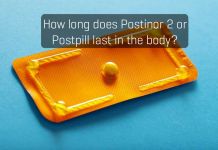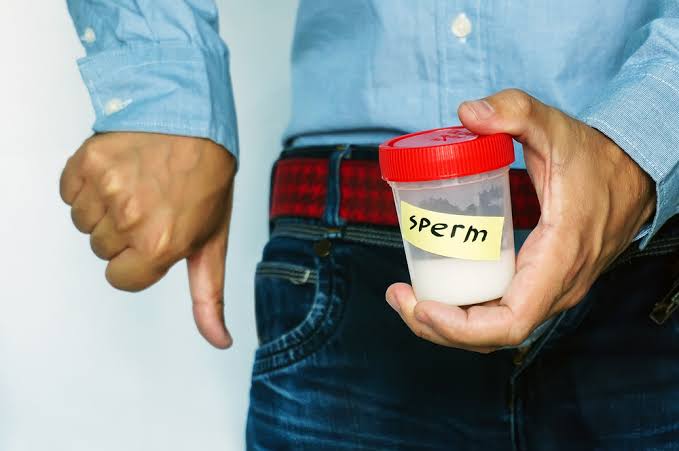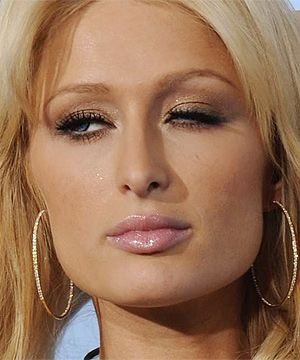10 things your face says about your health, what does your face say about you health? Important facial reading for health diagnosis.
What do you see when you look in the mirror?
Sure, you’ll be looking at a really familiar face staring back at you.
But do you know that a closer peek may show clues about your health?
Here’s what to look out for.
1. Yellowish Skin and Eyes
This is jaundice. It’s when you have too much of a waste product your body makes when it breaks down red blood cells. It’s common in babies born before 38 weeks, because their livers aren’t mature enough to work the way they should. In adults, jaundice can mean more serious conditions, like viral infections (hepatitis, mononucleosis); problems with your liver, gallbladder, or pancreas; or alcohol abuse.
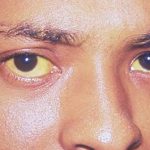
Credit: Healthline
2. Sores
Ones around your lips and mouth are most likely cold sores, which are caused by the type 1 herpes virus. (Most people with oral herpes were infected from saliva as children or young adults, not from sexual contact). Once you get the virus, it stays with you. Sores may break out when you’re sick, anxious, or over-stressed, or you’ve been out in the sun too long. They usually go away on their own, but if you have big or frequent outbreaks, your doctor may suggest medication.
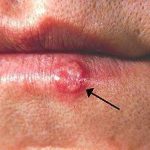
3. Cracked Lips
Everyone gets dry or cracked lips from time to time, especially in harmattan. Balms can help protect them and keep them moist. But sometimes, dry lips are a sign of a health issue, like dehydration or an allergic reaction.

Credit: School mum
4. Hair in Unusual Places
It could just be a hair growing where you don’t want it — that can happen to men as they get older around the ears and eyebrows, and to women around the chin. In younger women, facial hair can be a sign of polycystic ovary syndrome (PCOS), a condition that can make it harder to get pregnant.

5. Drooping Eyelid
Doctors call it ptosis or blepharoptosis. It can happen in one or both eyes & in severe cases, may block your vision. You may be born with it or get it over decades. It’s often harmless, but it can be a sign of problems with your brain, nerves, or eye socket. It’s often harmless, but it can be a sign of problems with your brain, nerves, or eye socket. See your doctor if it happens in days or hours, or if you have double vision, weak muscles, trouble swallowing, or a bad headache – those can be signs of a stroke. It may also be a sign of a medical condition called myaesthena gravis.

6. Puffy Eyes
The space below your eyes can fill with fluid, which can make them look swollen or puffy. Hot, humid weather can make your body hold on to more water, as can lack of sleep, too much salty food, and hormone changes. It happens more often as you age because muscles that support your eyelids weaken. If your eyes are red and itchy, it may be an allergic reaction to food, pollen, makeup, fragrances, a cleanser, or an infection like pinkeye. Please be informed that swollen face is classical sign of a kidney problem. See a doctor.

NB: Image is for representation
Credit: US weekly
7. Moles
These are spots or bumps, often dark in colour. Most are nothing to worry about, but skin checks can help you spot cancer before it spreads.
When it comes to moles, remember your ABCDEs:
Asymmetrical: Is the shape different on each side?
Border: Is it jagged?
Colour: Is it uneven?
Diameter: Is it larger than a pea?
Evolving: Has it changed in the past few weeks? See your doctor the answer is yes.
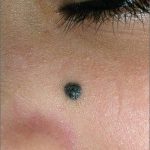
8. Facial Deviation (facial asymmetry)
Here, the face is noticed to move to one side of the body and you cannot move it. In other words, you lose control over a part of your face. Most times, the situation involves two medical conditions, if you notice you cannot also move part of your body like the limbs, then it is stroke. However, if the condition is restricted to just the face (accompanied by inability to close the eye on the affected side), then it is called Bell’s Palsy, an injury to the 7th cranial nerve. Please, see a doctor urgently.

Credit:JEMS
9. Butterfly Rash
Most rashes come and go, and are typically not very serious. However a butterfly rash or malar rash is something different. Butterfly rashes cover both cheeks, forming the shape of a butterfly.
If you spot a rash like this in the mirror, you may have systemic lupus erythromatosis. Lupus is an autoimmune disease. It causes the immune system to attack healthy body tissue. People with lupus often experience stiff and achy joints, fever, and fingers that turn blue when it’s cold. If you have a butterfly rash you will want a doctor’s examination. Lupus is commoner in women than im men.

Credit: Medical News Today
10. Wrinkles
If you’re someone who likes spending lots of time in the sun, you should know that ultraviolet exposure is one of the main causes of early wrinkling. As the skin around your eyes is much thinner and more delicate, it can be easily damaged by the sun. Protect your face by applying sunscreen even if the day is cloudy. Dont dodge it, wrinkling may also be a sign of aging, you are not getting younger.

Credit:Wikipedia
Credit: Avon Healthcare




